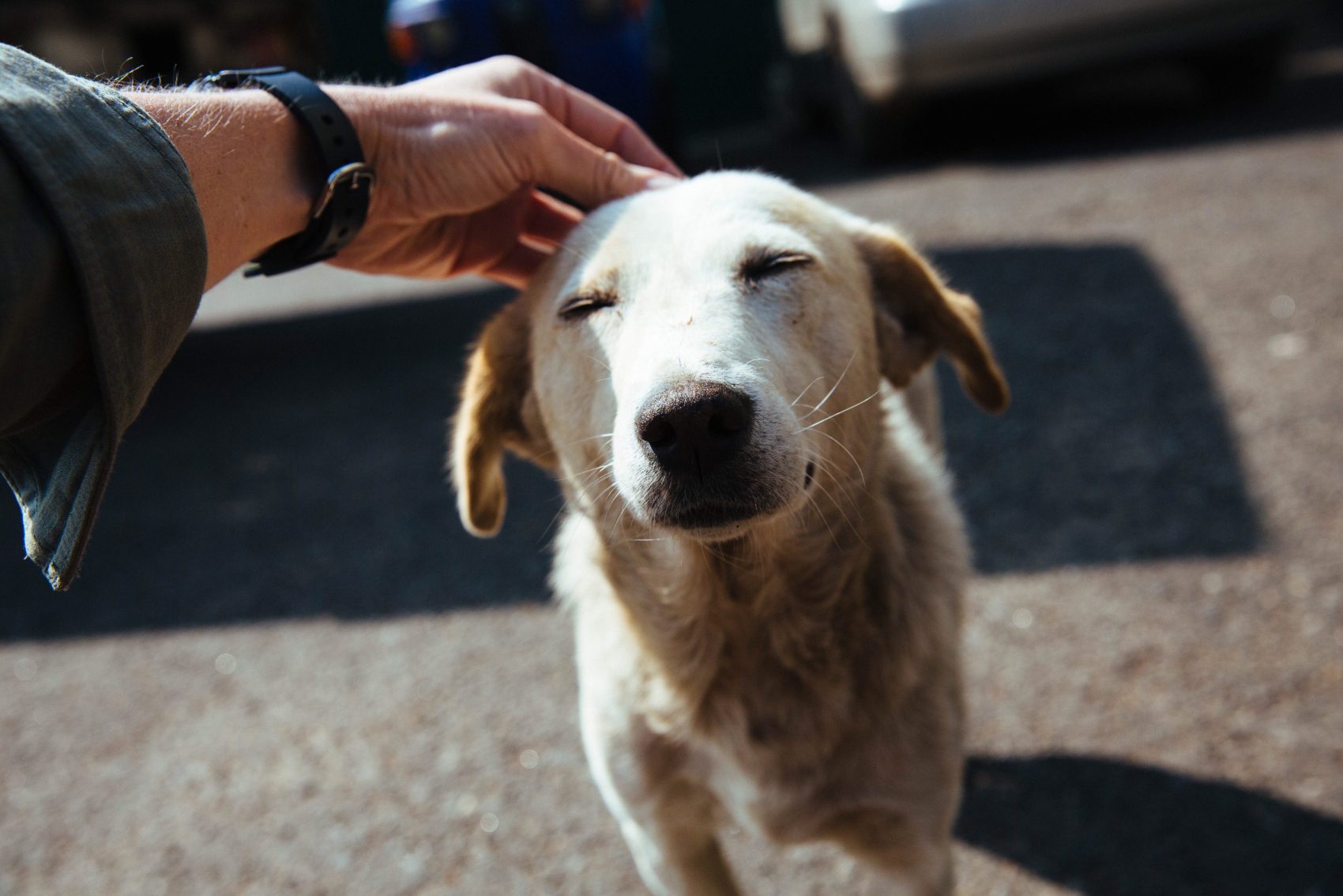Lost Dogs
Something many people don’t consider when their pet goes missing is how their personality may influence where they go.
It happens to the best pet parents – a visitor leaves a gate open, your little escape artist finds a gap or perhaps your furry Houdini slipped out as you came home. Whatever the cause, your dog is missing. What do you do?

Microchipping is the best way to ensure your dog can be easily identified when they are picked up. If your dog is microchipped, your first step is to contact your service provider to notify them so that the pet will be flagged if they are scanned by a vet or SPCA. Now you can focus on looking for your dog.
Now it’s time to play pet detective and use pet personality clues to help you find where he/she went.
Friendly dogs
Dogs that aren’t shy will often go up to the first person they see which could be a nearby neighbour. But friendly dogs are often too trusting and could agree to go with someone whose intentions are not as pure so you need to act fast.

Energetic dogs
Energetic dogs can be the most challenging to catch after escaping from home or slipping out of their collars. Their new-found freedom inspires lengthy marathons which can take them far away from their escape starting point very quickly. This can become dangerous quickly as they approach busy roads.
Shy dogs
Wary dogs will often stay safe from strangers but their fear of unknown humans can push them further from home or encourage them to hide away, making them more difficult to locate. Check potential hiding places and move quickly.
Fearful dogs
Fear in dogs can be misinterpreted as mistreatment but some acquire these personality traits from other factors including their upbringing or health issues. Fearful dogs are at risk of getting lost due to their response to loud noises or unusual activity.

What to do
It’s important to act fast whether it’s the first time your dog has gone missing or if he is a regular escape artist as accidents can happen in a heartbeat. Don’t “wait and see” if they return.
- Post on social groups within your community including Whatsapp and Facebook
- Contact your local SPCA and all vets in the area
- Put up signs in the area as not everyone is on social groups
- Follow-up with vets and SPCA as they receive many queries on a daily basis
- Don’t give up – some pets have been found days, weeks and even months later
Be proactive in keeping your pets safe by getting them microchipped and ensuring you keep your contact information up-to-date.
REFERENCE:
1.Martin K., Horwitz D., Landsberg G. Fears and Phobias in Dogs -Animals and People. VCA Animal Haspitals. https://vca hospitaIs.com/know-your-pet/fears-and-phobias-in -dogs-animals-and people
ZA-NON-241100001

Subscribe to our Newsletter
Get to know your furry friend better! Sign up for all things dog- or cat-related.
The Hairy Facts about the dreaded hairball
12 April 2021
Help! My dog’s barking mad! Volume 2
12 April 2021
Your Itchy, Scratchy Cat – All About Cat Skin Problems
12 April 2021
The Dog’s Diet: A Bone of contention?
01 April 2021
Mango Fly Worms: How to Spot and Eliminate them
Posted on November 28,2019
Managing Mange And Mites In Your Dog
Posted on June 11,2018
Why Do Cats Purr and How? Learn What Your Cat Is Saying
Posted on October 14,2020
How to Get Rid of Ear Mites in Dogs
Posted on November 06,2019









